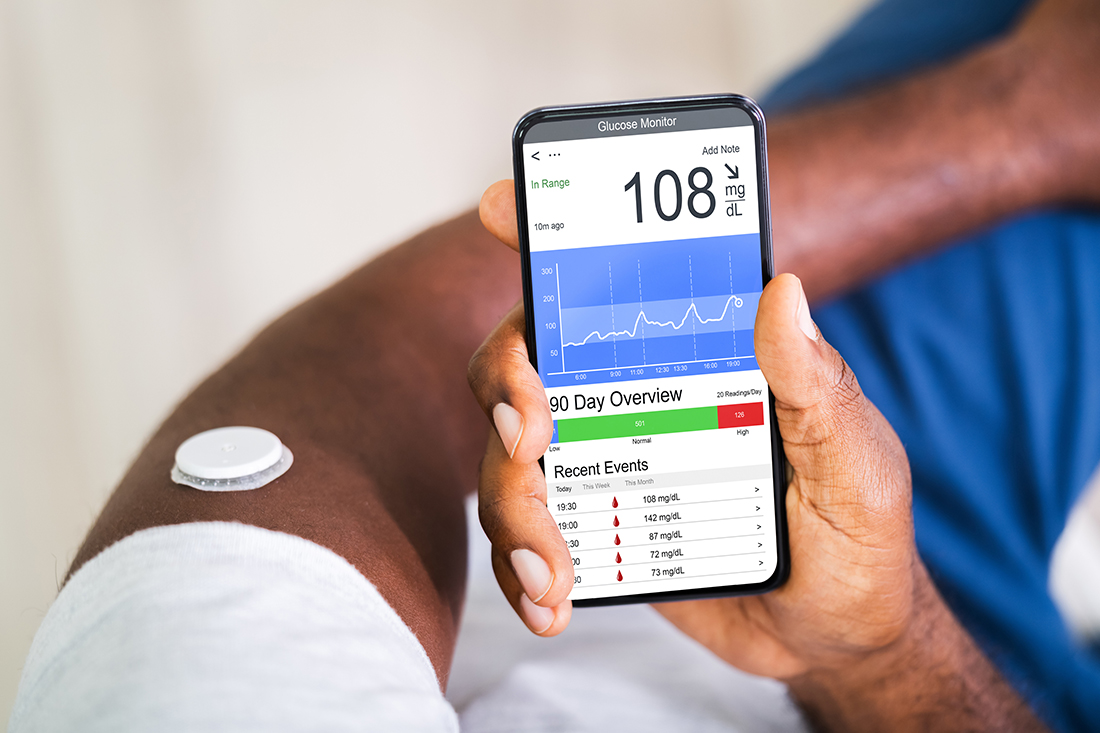
In this workshop from our virtual conference August 1st, endocrinologist Dr. Schafer Boeder explains the benefits of continuous glucose monitoring (CGM), the different types of systems available, and exciting advances coming down the pipeline.
read more →









